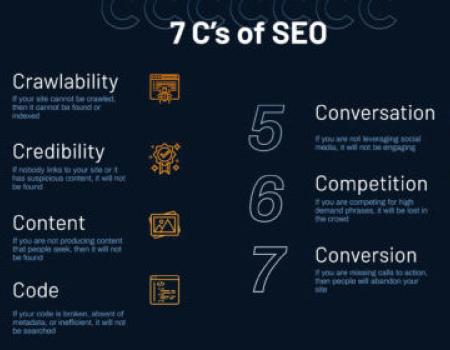Do WordPress tags help with SEO?
Tags definitely help SEO. You have to understand how search engines work. Google’s search bots finds, crawls, and indexes website paying particular attention to the words found in:
- Website URL
- Website page title
- Website headings
- Website link text
When you add a tag to WordPress, it automatically creates a unique page for that tag and it reflects the content in that tagged in the following ways:
- Website URL
- Website page title
- Website headings
- Website link text
For example, when you create a tag in WordPress, it does everything you need for SEO. In this case, we wrote a blog post on our site (www.agileana.com/blog/cost-of-a-drupal-7-migration/) and tagged it "Drupal 7". Look what happens:
- First, it generates a link associated with that tag, thus creating the “Website link text”
- Then, it creates a page URL: www.agileana.com/tag/drupal-7/ that reflects the keywords
- Then, it automatically generated title of that page is “Drupal 7 | Agile web development in Washington DC"
- Then, it automatically generated H1 heading is “Drupal 7”
There is a reason why the founder of WordPress, "Matt Mullenweg," created an umbrella company called, “Automattic”. For one, his name is Matt. And for another, WordPress automatically does everything you need for SEO. WordPress does everything needed for SEO by using the tag and category feature.
Tags, by the way, are treated exactly the same as categories from an SEO perspective. So, it doesn’t matter if you make it a tag or a category, it still works. The only difference is how we make it display and how we decide to differentiate between tags and categories.
My rule of thumb, and I used to be considered the King of SEO in Washington DC is that I make categories more broad like Drupal, WordPress, SEO, Accessibility, etc. and I make tags more long-tail.
So, you may ask, "I did everything you said, but it's still not showing up on Google." Well, it actually does show up on Google: But, you have to pay attention to the “7 C’s of SEO,” particularly “competition”.
We are competing with over 1 million results. Given all other things equal, Google will pay more attention to the sites with massive inbound links, which is also one of the 7 C’s of SEO: Credibility.
But, you argue, that it “hasn’t shown up in a single search over the last year.” Well, you have to understand analytics. Analytics is a rear-view mirror. It only shows you want has happened in the past based on how your site was optimized AND people’s search behavior.
If nobody is Googling “Drupal migration to WordPress” then it won’t show up in our analytics. And, if there are 1,000 other websites that are better optimized and have more inbound links AND ARE GEOGRAPHICALLY CLOSER TO THE PERSON PERFORMING THE SEARCH then we will not show up in search or analytics.
There, you have just been given a master class in SEO, analytics, and use of WordPress tags.


